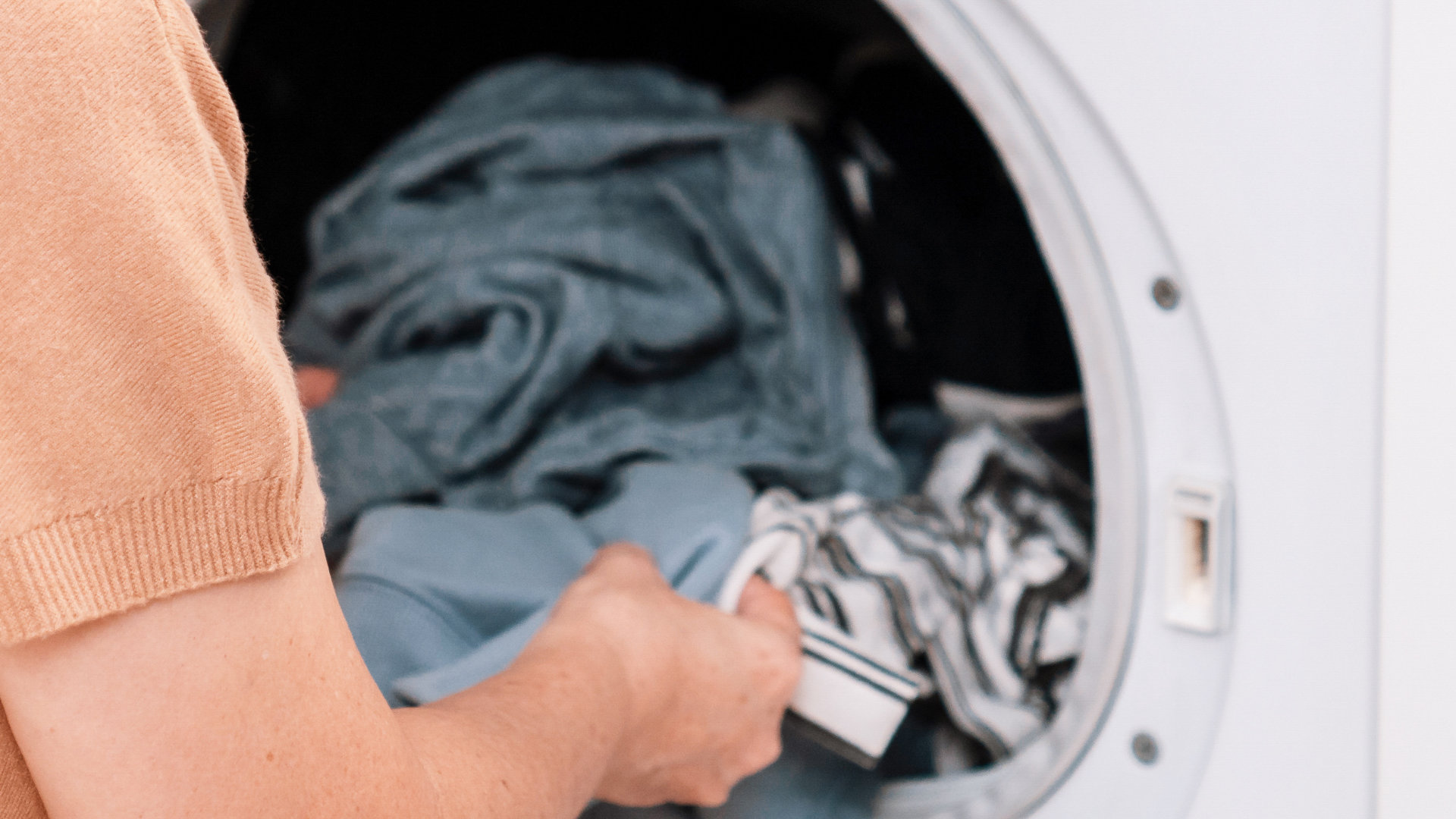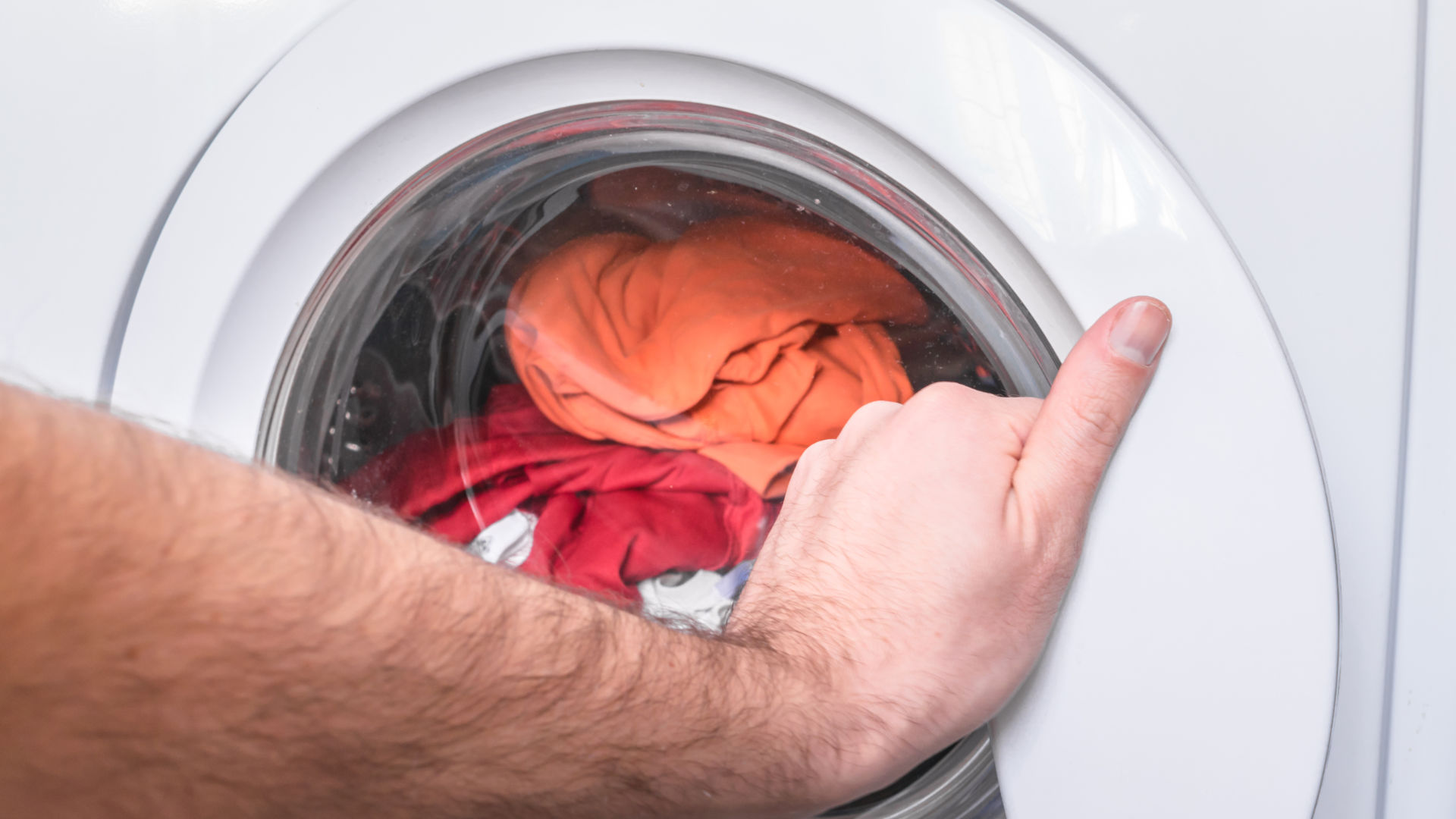
For your Samsung washer to work correctly, the load in the washer and the washer itself needs to be balanced. If your Samsung washer is displaying a UB error code, it means the washer is detecting it is not balanced. Often the UB error code can be resolved by rebalancing the load in the washer or checking that the washer is level. However, if the error code persists, the washer may have a defective part that will need to be replaced. The UB error code is similar to Samsung error codes U6, UE, 1 Ub, and 1U6.
This guide applies to most Samsung models, including the following:
592-49045
592-49075
592-49082
592-49087
WF203ANSXAX
WF206ANSXAA
WF206ANSXAC
WF206BNWXAC
WF210ANWXAA
WF218ANBXAA
WF218ANWXAA
WF219ANBXAA
WF219ANWXAA
WF220ANWXAA
WF328AAGXAA
WF328AARXAA
WF328AAWXAA
WF330ANWXAA
WF340ANGXAC
WF340ANRXAC
WF350ANWXAA
What Causes the UB Error Code?
The most common causes of the UB error code are:
- Items in the tub have clumped together or are tangled up
- The washer is overloaded
- There are only a few items in the washer
- The washer is not balanced
To resolve the UB error code and get your washer working again, the first thing to check is the laundry load.
Check the Laundry Load
The easiest solution to the problem is to open the washer and adjust the load. If the laundry is tangled or bunched up, or stuck to one side, correcting this will often resolve the issue. Overloading or underloading can also cause the error, so another easy solution is to either remove or add an item or two to the load to balance it out.
Clothing items with strings or laces from shoes can also cause the error if they get caught in a part of the drum or agitator. To ensure this doesn’t happen, use a washing machine-safe bag or secure the strings so that they cannot get caught in the washer.
It is also important to ensure you use the right cycle when using the washer. Each wash cycle is designed to wash specific fabric types and soil levels. If the washer is expecting a different type of load, it may think that the washer is unbalanced and display the UB error code.
Once the weight of load has been rebalanced, the error should be resolved, and the washer will continue with the cycle.
Reset the Washer
If you have rebalanced the load but the UB error code remains, the next thing to try is to reset the washer. Sometimes an error code is caused by a control board glitch. If there is a glitch, disconnecting the washer from the power for five minutes will allow the control board to reset. If it is just a glitch, the error code should be gone when you reconnect the power to the washer. However, resetting the washer like this may also just postpone the inevitable. If the error code returns, it is important to take the time to fix the issue, as putting it off will likely lead to more serious issues in the future.
Check That the Washer Is Level
Another cause of the UB error code is that the washer is not sitting level on the floor. The washer may have been moved recently, perhaps if you just installed the washer or if it has been moved to a different location. However, the washer can also become unbalanced over time because of the vibrations produced by the machine during a spin cycle.
Using a level tool is the best way to check and fix the issue. If the level tool shows you the washer is not level, the washer’s legs should be adjusted until the washer is level. To adjust the leveling legs, locate the locking nut on the leg and loosen it with a wrench. Then turn the leg clockwise to lower the leg or counterclockwise to raise the leg. Adjust the legs until the washer is level. When you have verified that the washer is level, tighten the locking nuts to lock them into place.
Along with the washer needing to be level, the four leveling legs also need to be firmly on the floor to provide stability when the washer spins. If the floor is too slippery to keep the washer balanced, place non-skid pads under the legs to prevent the washer from moving during the cycle. The locking nuts that lock the legs in place also need to be tight against the base of the washer. Use a wrench to ensure that the locking nuts are tightly secured.
Other Less Common Causes
Shock Absorbers
If you have a front-loader washer, it likely has one or more shock absorbers located between the outer tub and base frame of the washer. Check that the shock absorbers are connected at both ends and that one of them is not leaking fluid.
Suspension Springs
Both front- and top-loader washers usually have suspension springs to reduce vibrations and ensure the washer works correctly. The suspension springs can either be found beneath the tub or above the tub, holding the tub above the base. Make sure the springs are connected and in good condition, as a defective spring could be causing the UB error code.
Dampening Straps
Some top-loaders have four rubber straps holding the tub to the four corners of the machine. If one of these fails, the tub would be off-balance, which would trigger the UB error code.
Driver Bearings
If you have a front-loader washer, it may have ball bearings between the tub spindle and the motor shaft. If the casing wears and one or more of the bearings become dislodged, the tub will vibrate and could cause the UB error code. If the bearings are worn, you will likely need to contact a trained professional to replace the bearings or even think about buying a new washer.
Snubber Ring
The snubber ring provides a cushion for the tub of a top-loading washer. If the snubber ring wears out, the tub will make contact with the metal base and potentially cause an unbalanced load error. The snubber ring is located between the leg and the dome assembly. Dust on a plastic snubber or clumps on a felt one are signs of wear.
Control Board
The washer’s control board sends and receives electronic signals to operate the washer. If the above solutions have failed to fix the UB error code, the washer may have a faulty control board, which will need to be replaced.
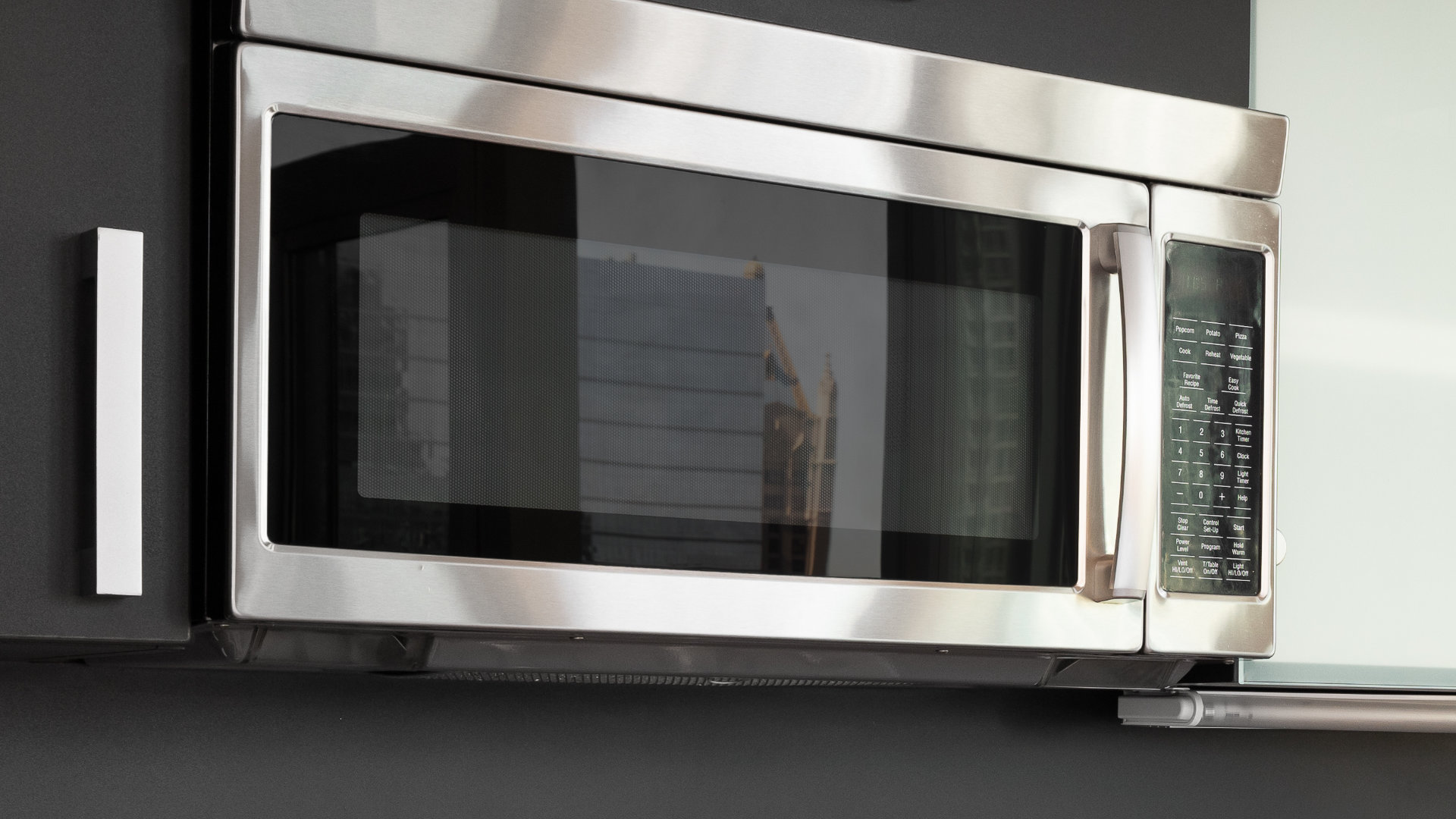
Your Guide to Whirlpool Microwave Replacement Parts
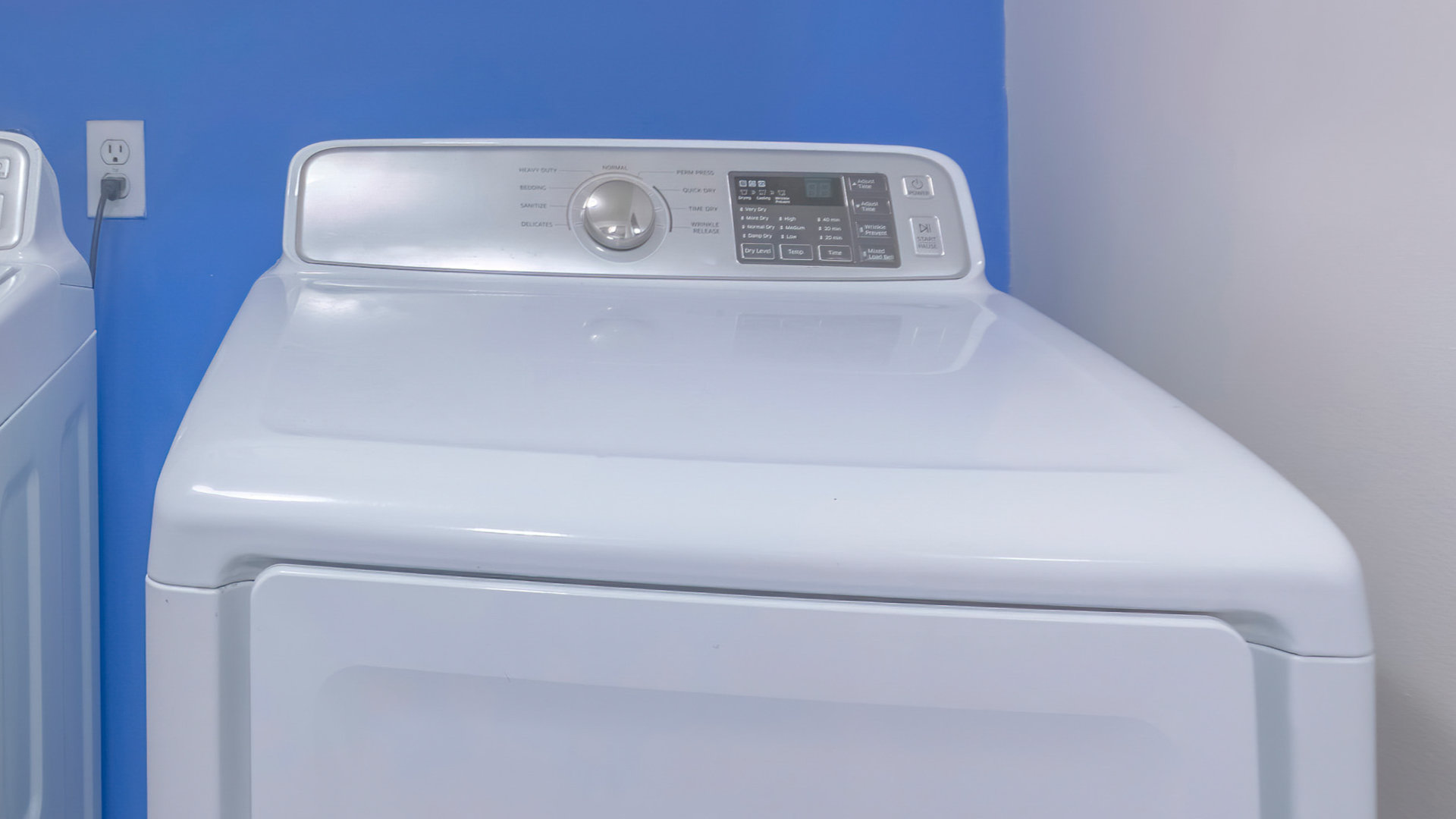
What to Do When Your Kenmore Dryer Won’t Start
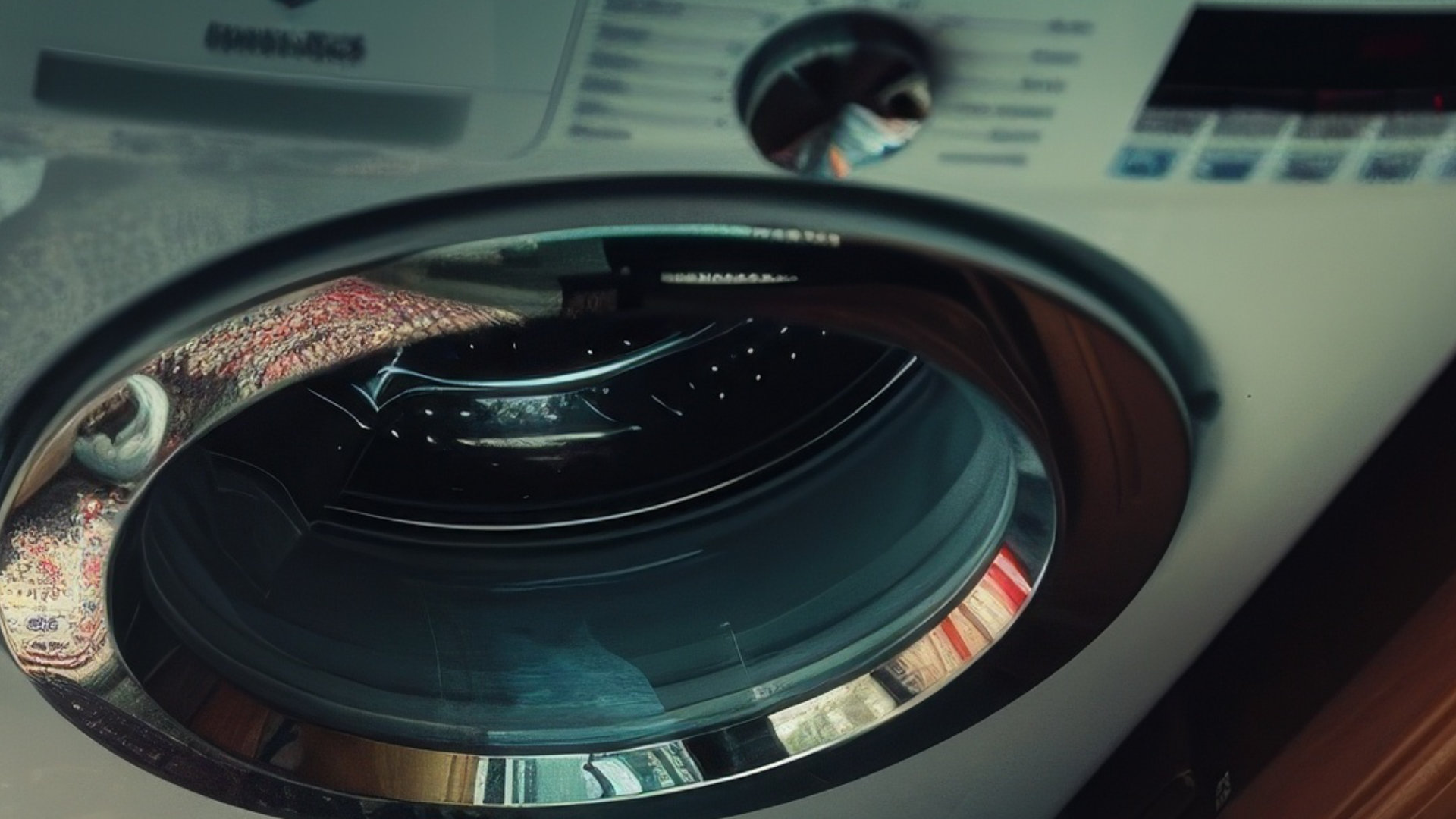
How to Resolve the LG Washer LE Error Code
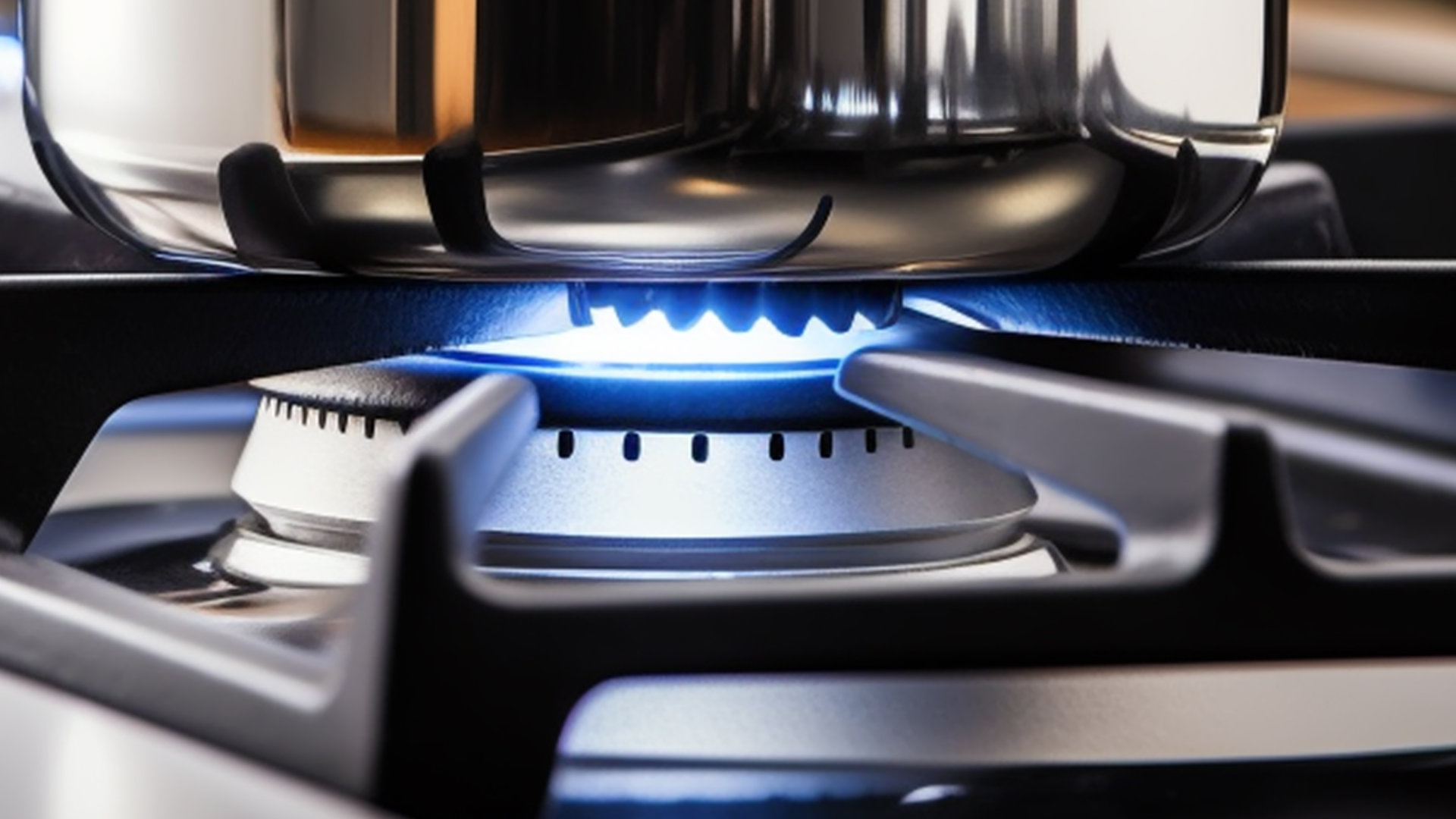
Why Does My Oven Smell Like Gas? Causes and What to Do
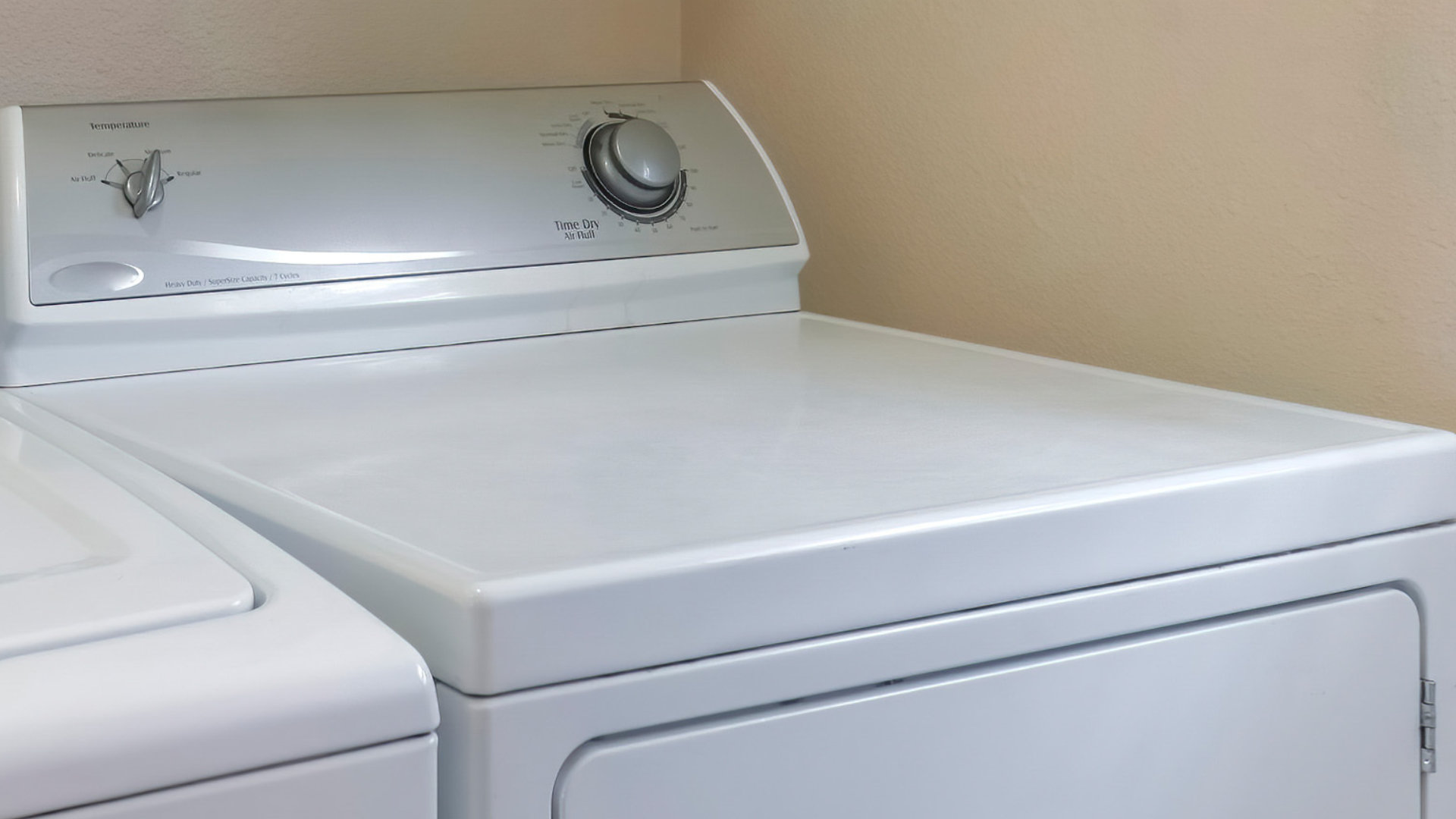
Maytag Dryer Not Heating? Here’s How to Fix It
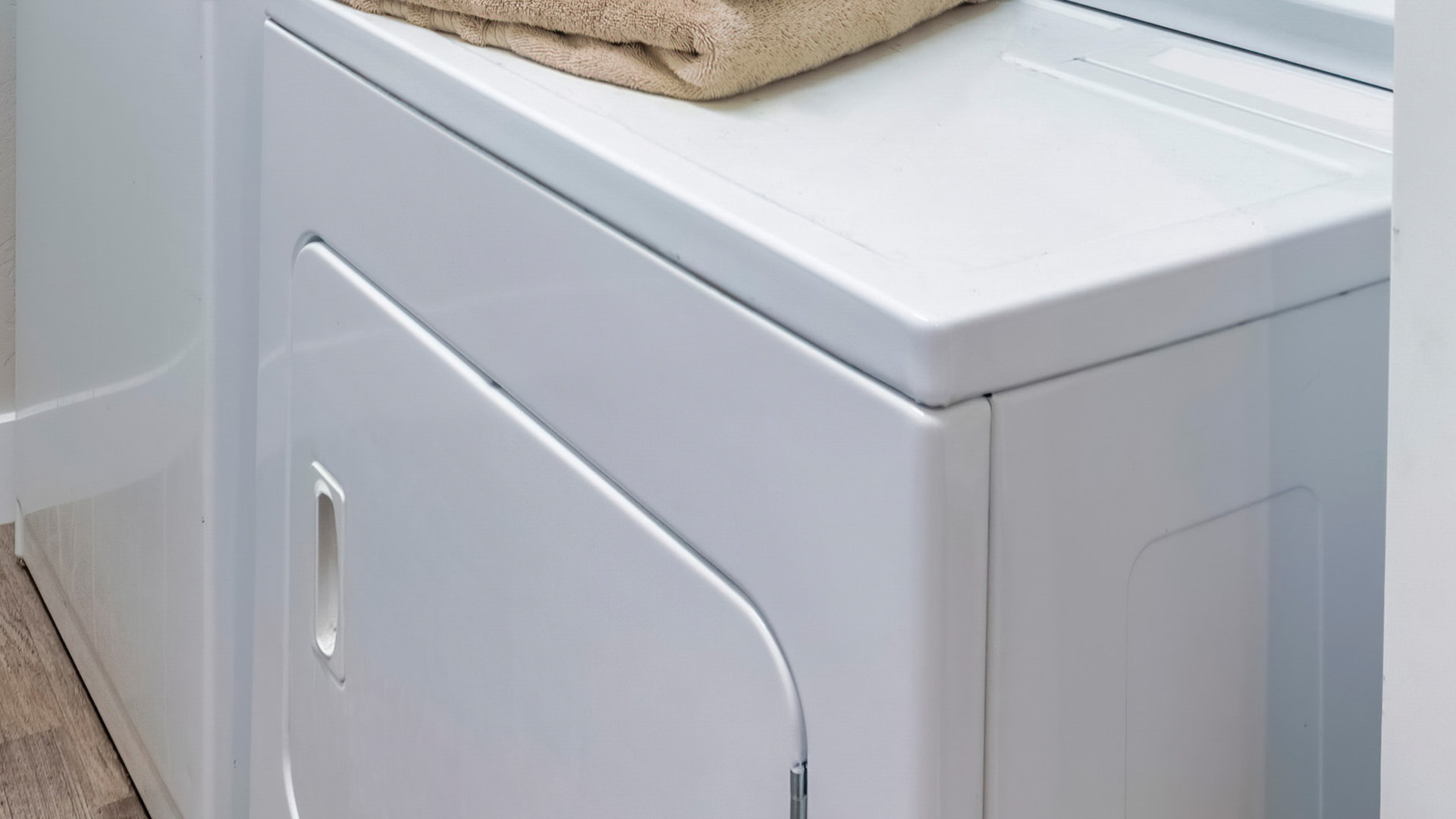
6 Common Reasons Your Speed Queen Dryer Isn’t Heating
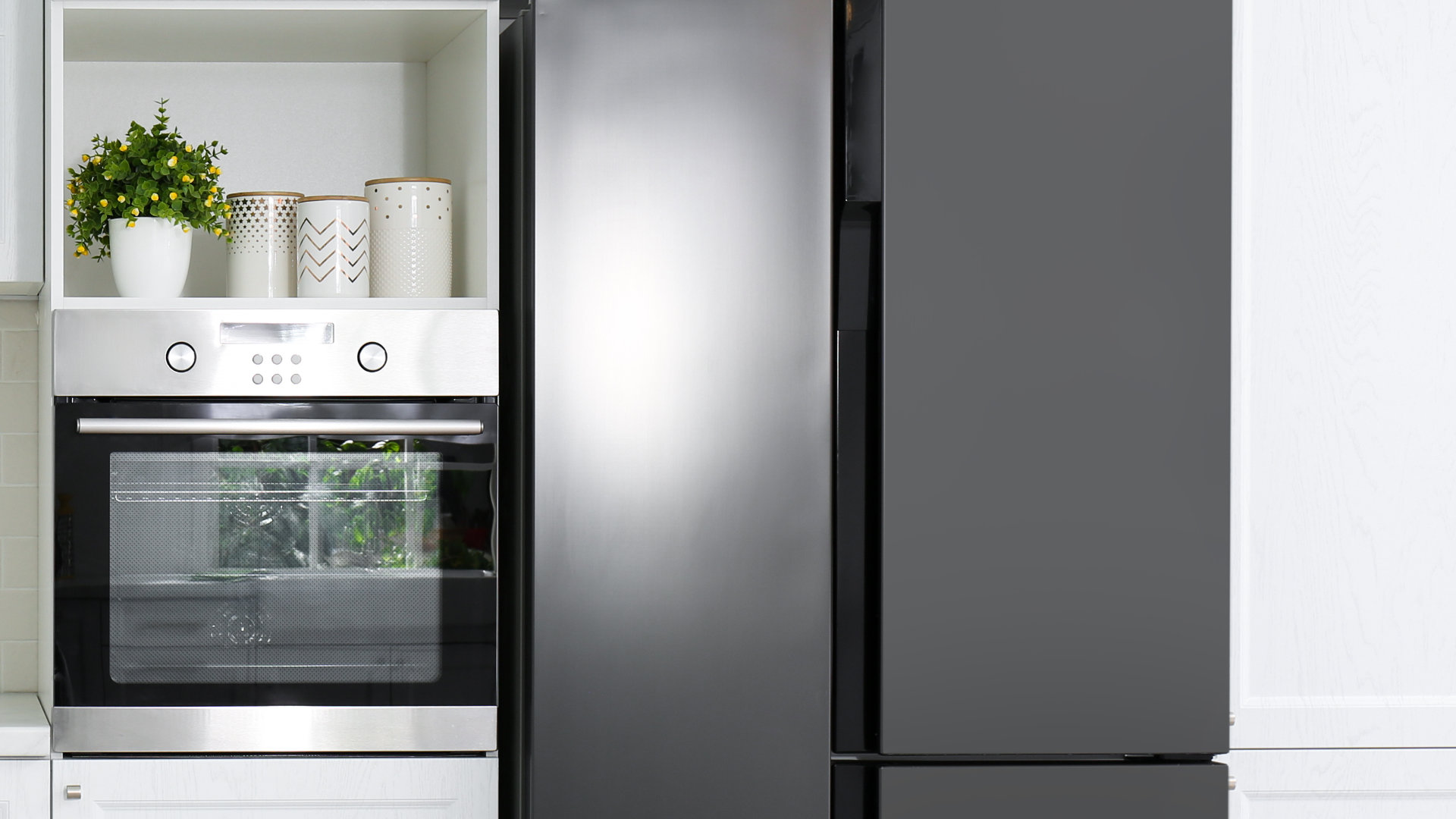
8 Reasons Your Samsung Refrigerator Is Not Cooling
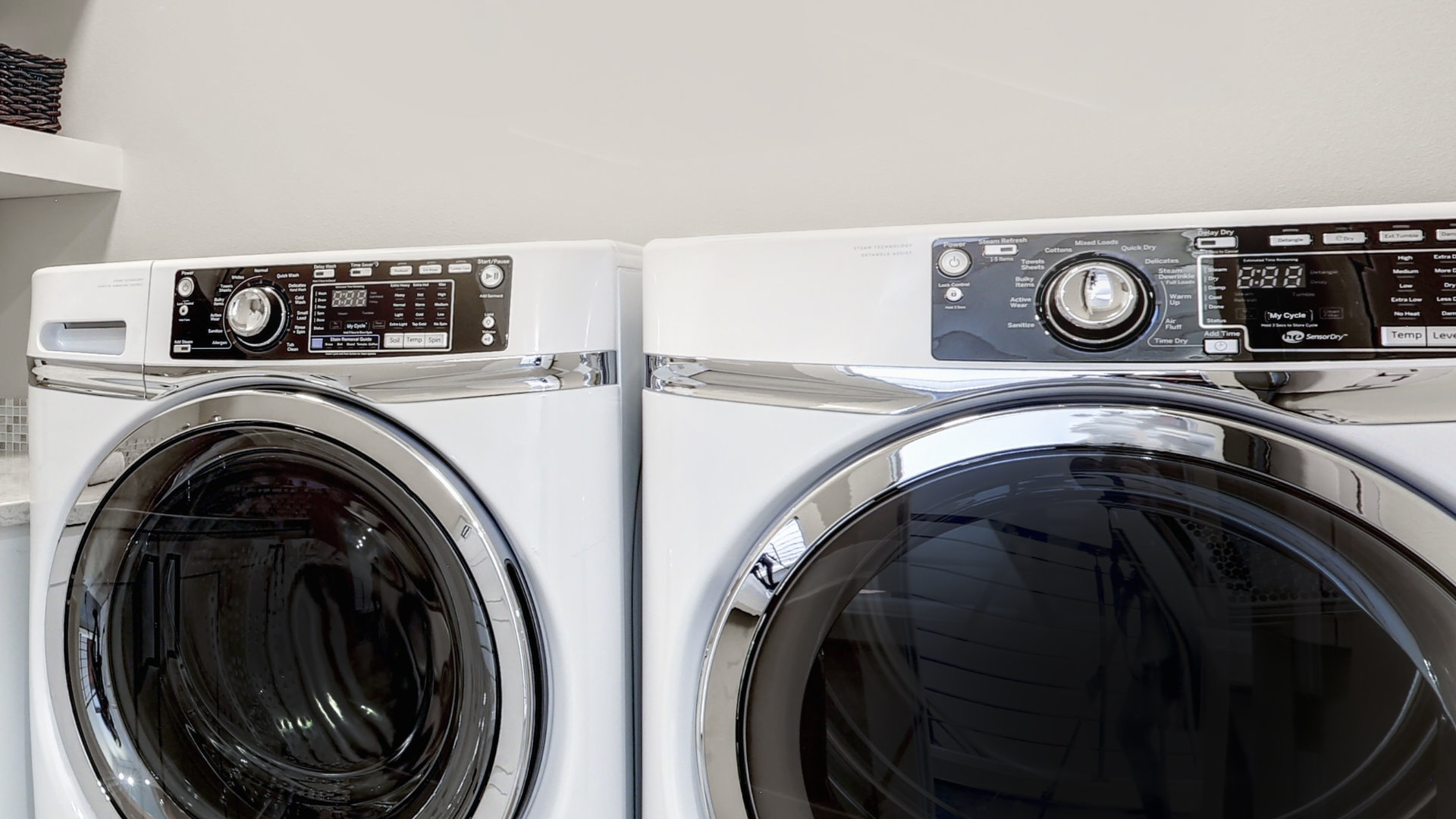
9 Most Reliable Washer and Dryer Brands
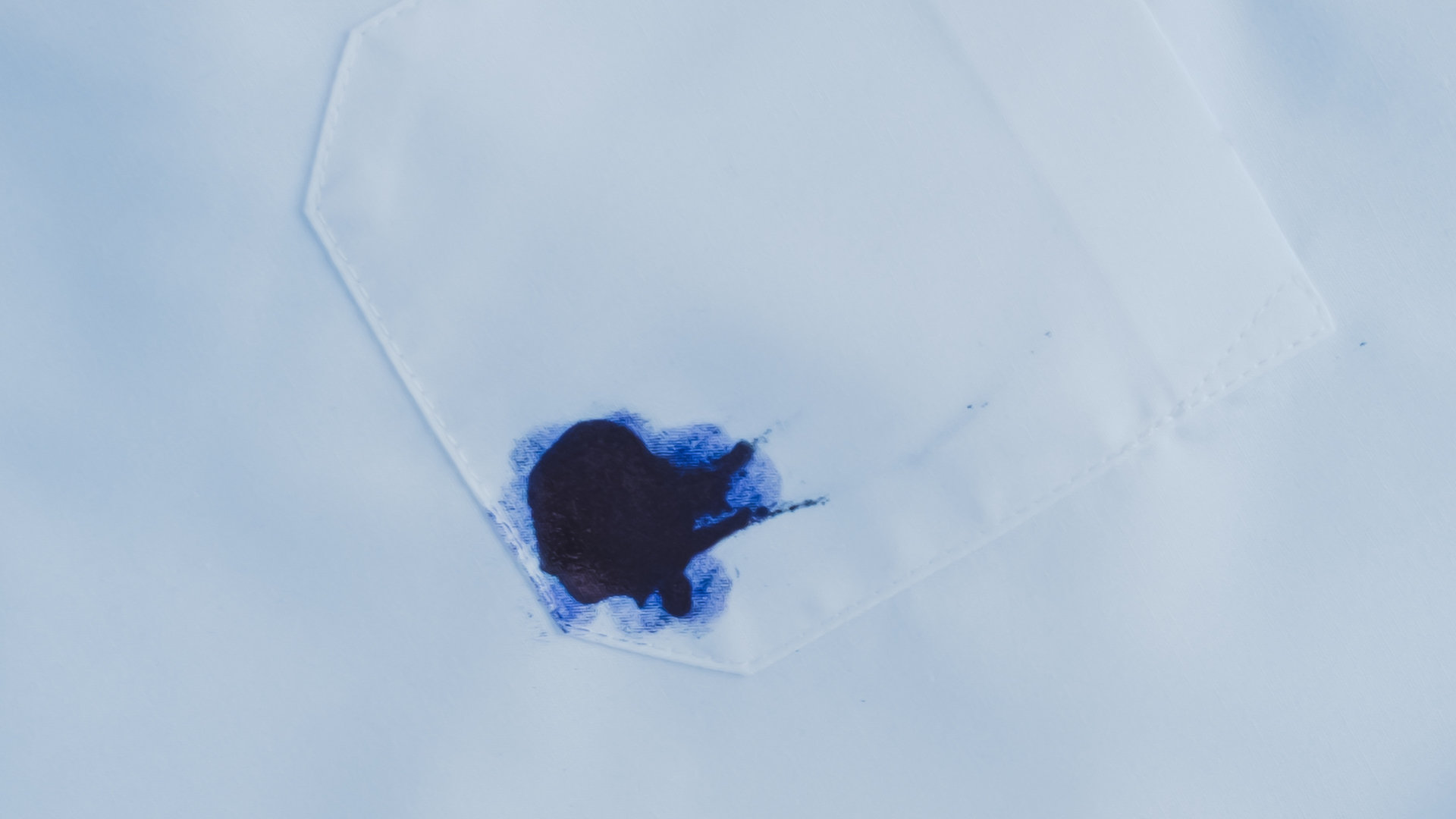
How to Get Ink out of Your Dryer the Easy Way

Why Is My Fridge Making Noise That Stops When the Door Is Open?
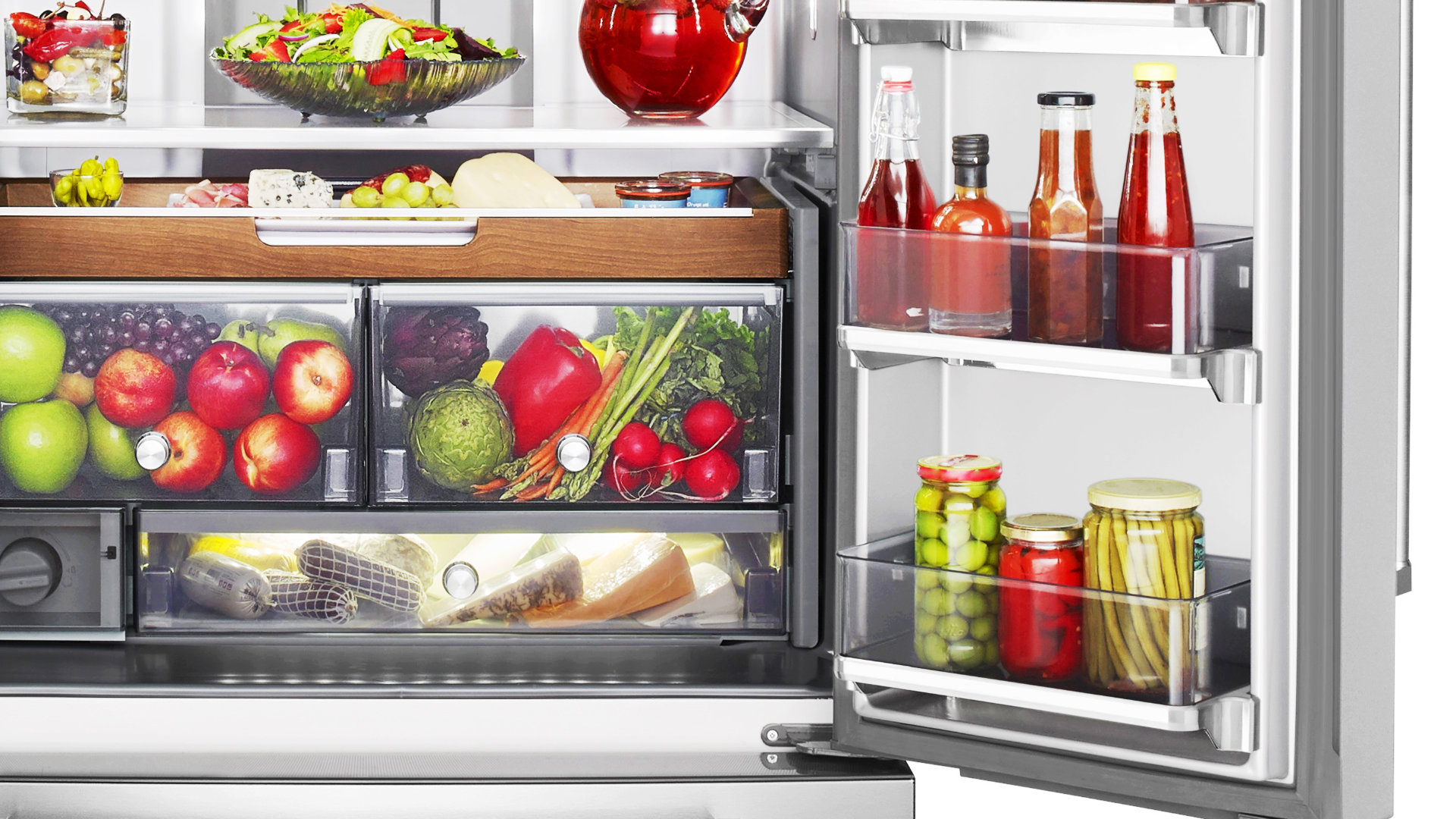
Frigidaire Refrigerator Error Code H1: Causes & Solutions
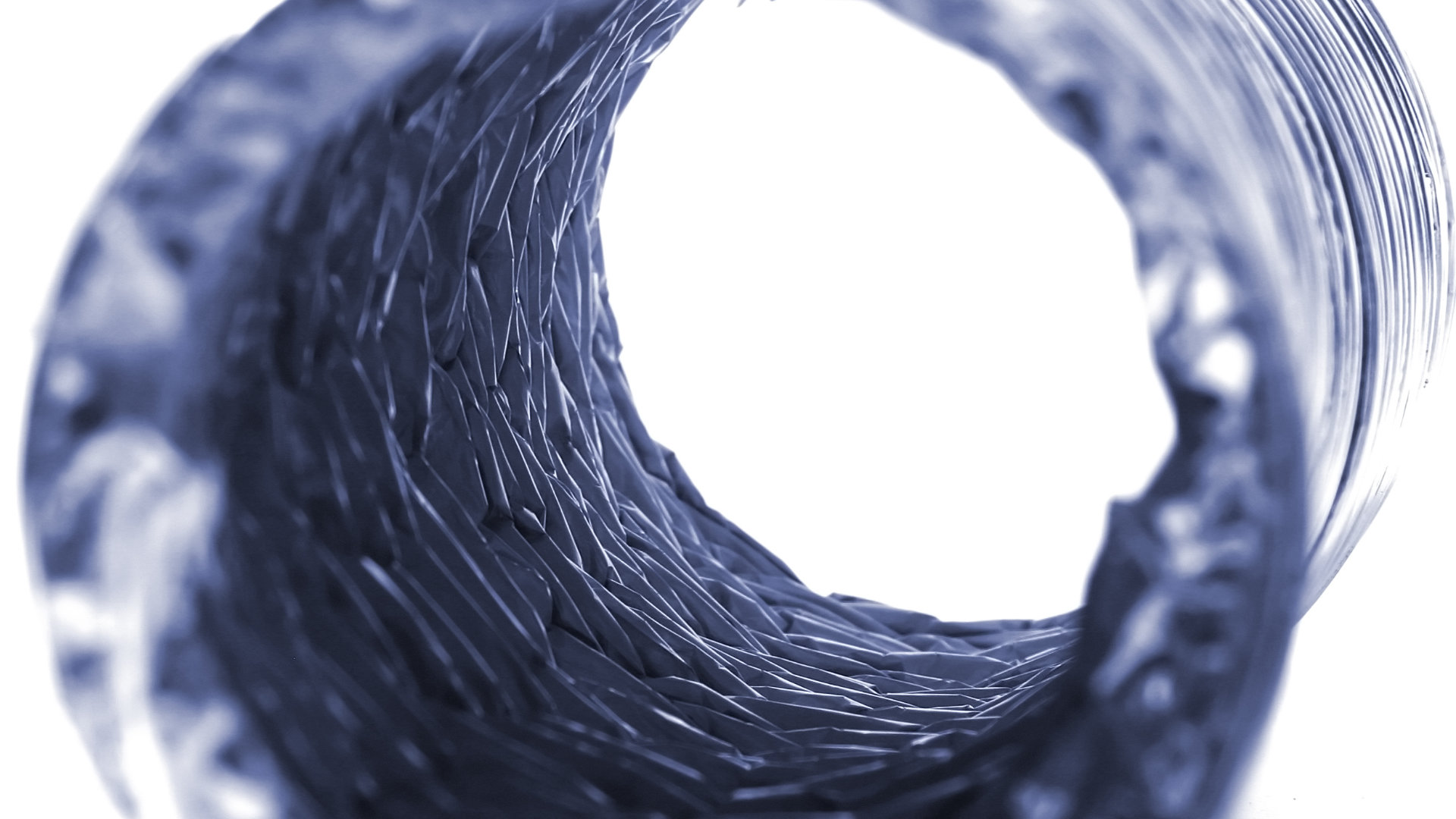
How to Clean a Dryer Vent Without Moving the Dryer
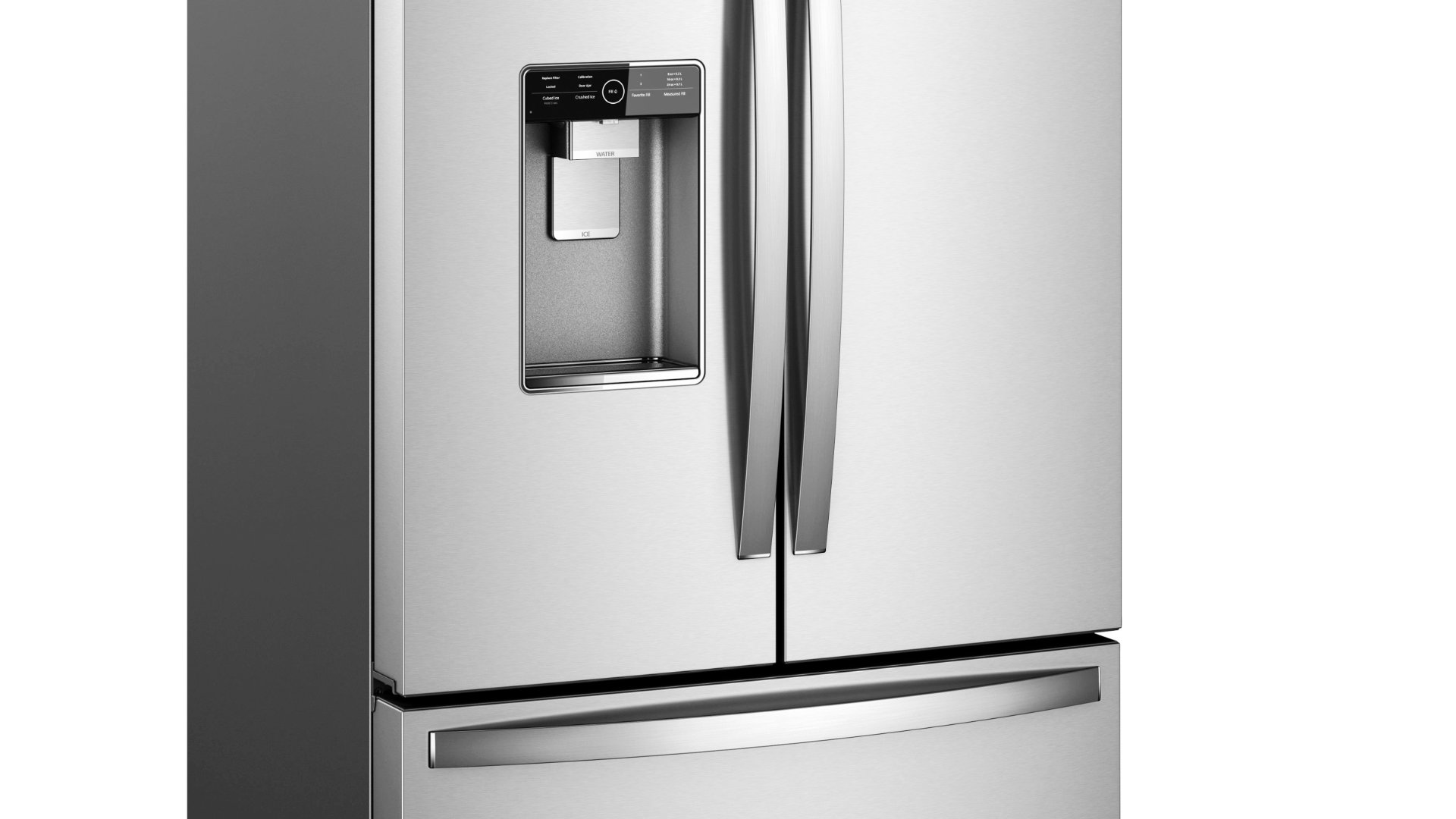
9 Reasons Your LG Refrigerator Isn’t Cooling
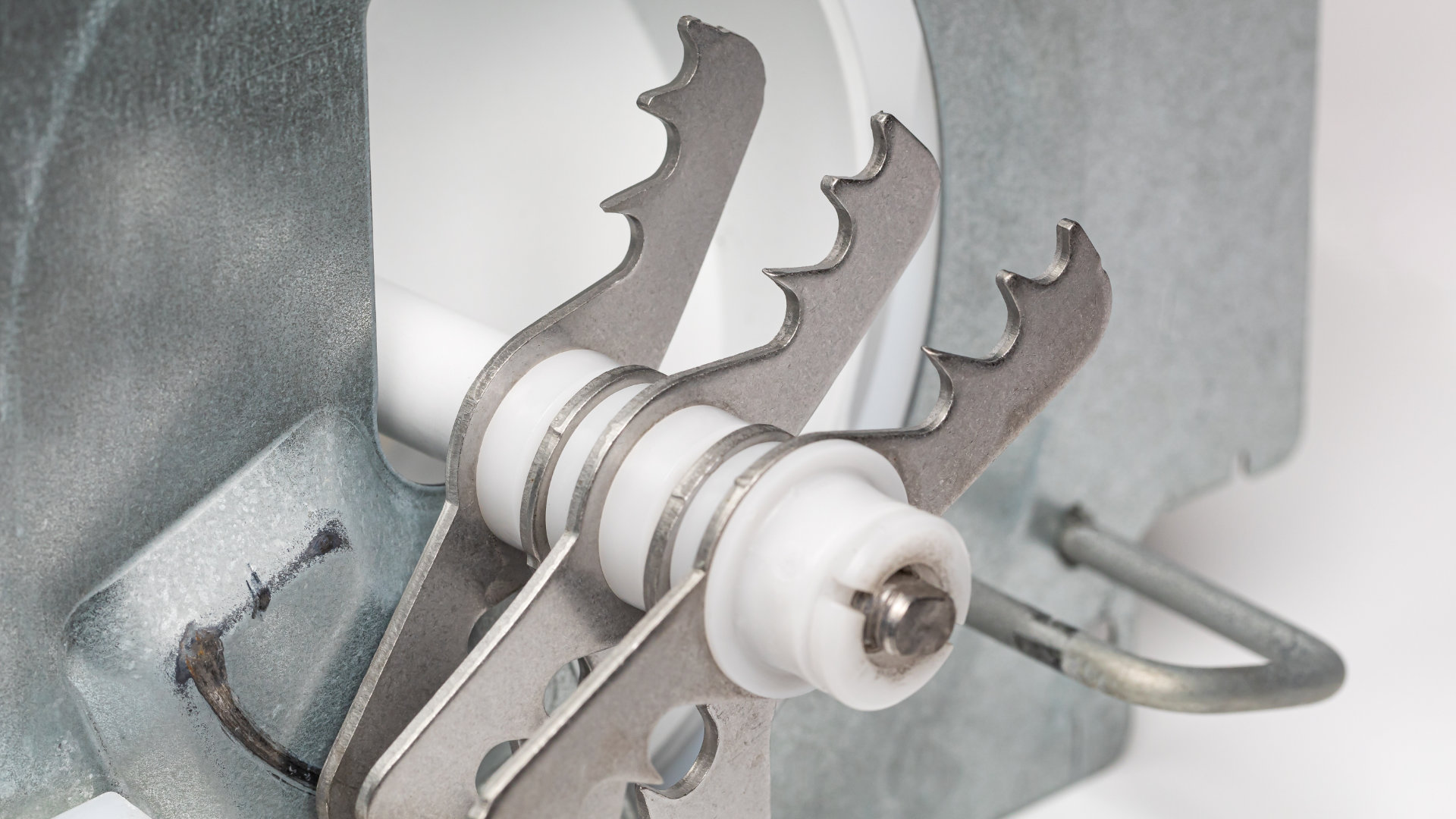
LG Refrigerator Not Making Ice? Here’s What To Do!
